Mozambique: State adds heirs of Privinvest owner Iskandar Safa to London case
Beira: Poor state of road compromising access to Nhangau – Noticias
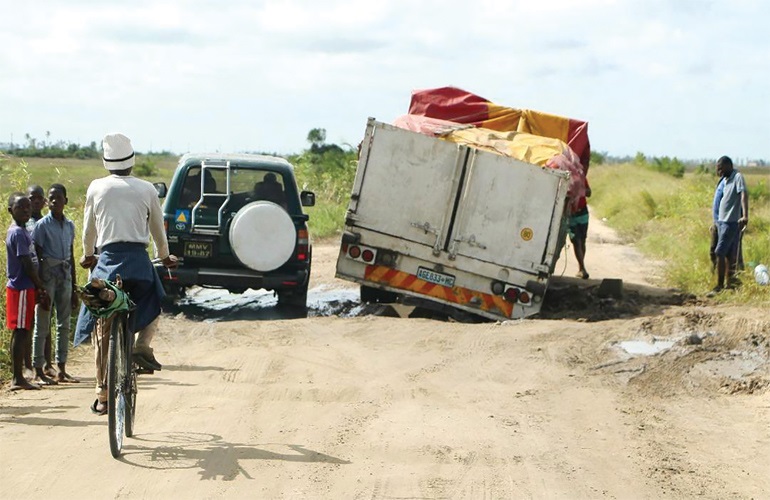
Photo: Noticias
The extremely poor state of the road to the administrative post of Nhangau, on the outskirts of Beira city, is constraining the free movement of people and goods.
According to the head of Nhangau administrative post, Fernando Arriaga, the degradation, aggravated by the devastating effect of Cyclones Idai and Eloisee and Storm Chalane, has reached such a critical level that motorists have stopped transiting that section for fear of mechanical damage to their vehicles.
To redress the situation, contacts are underway between the local authorities and the National Road Administration (ANE), which is responsible for ensuring the maintenance and rehabilitation of the road, Arriaga revealed.
The state of the road is causing immense difficulties in the movement of people and goods, negatively influencing trade.
Consequently, pick-up vans are currently the only means of transporting passengers on that stretch of approximately 30 kilometres between the Beira city centre and the Nhangau fishing region.
Beira’s three peripheral neighbourhoods – Nhangau-sede, Chonjha and Nhangoma – are home to more than 13,000 people, who survive by pastoralism, fishing and agricultural activities.
However, producers find it difficult to transport their produce to the markets in Beira.
In the agricultural sector, there are more than 200 farms belonging to private entities, and extensive areas worked by family operators. The Nhangau region is also emerging as one of the main sources of charcoal and fish for the city of Beira.
Due to the lack of a cooling system locally, marine products end up feeding the centre of Beira at the expense of the area’s residents, resulting in lobbying for the construction of a conventional market for local use.
Njhalane, Casa Partida and Rio Ladrão are potential fishing areas in the administrative post, but the locals do not benefit from them due to the lack of a formal market.
A large part of the fresh produce sold in Beira’s Maquinino market, especially vegetables, comes from Nhangau, which produces continuously throughout the year.
Despite these adversities, some urbanisation is already taking place, through access roads, channels for the extension of water pipes and spaces for markets and churches. Municipal Council of Beira personnel are already working in the field.
Authorities in the area complain that Nhangau is recently turning into a garbage dump, with waste produced and transported from Beira being dumped in the dead of night.
Noticias learned that measures are underway with a view to neutralising the offenders, who will be penalised with heavy fines as per the City Council Posture Code.


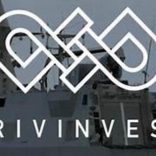
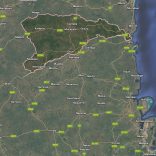
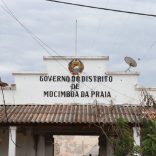


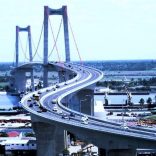





Leave a Reply
Be the First to Comment!
You must be logged in to post a comment.
You must be logged in to post a comment.